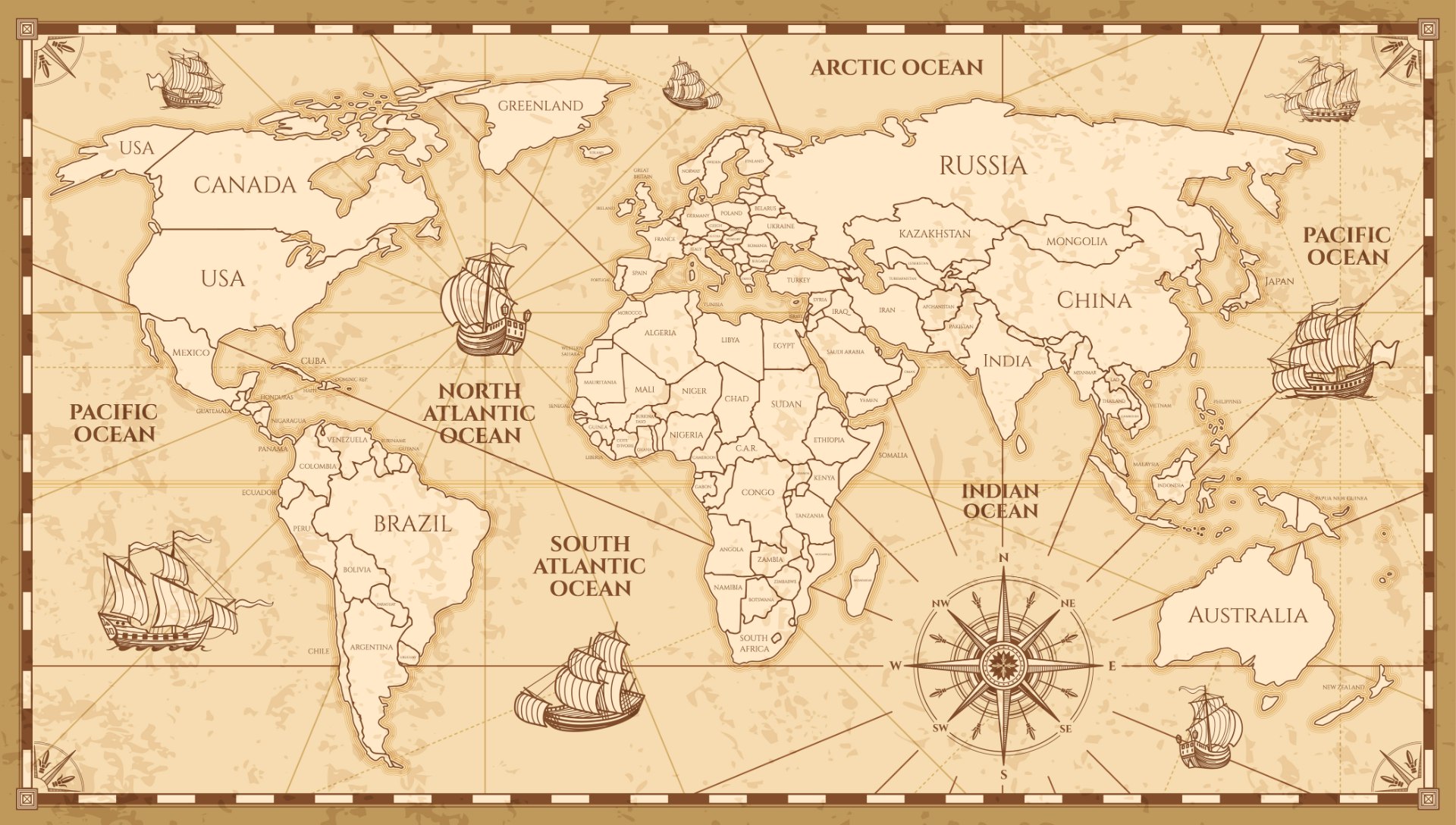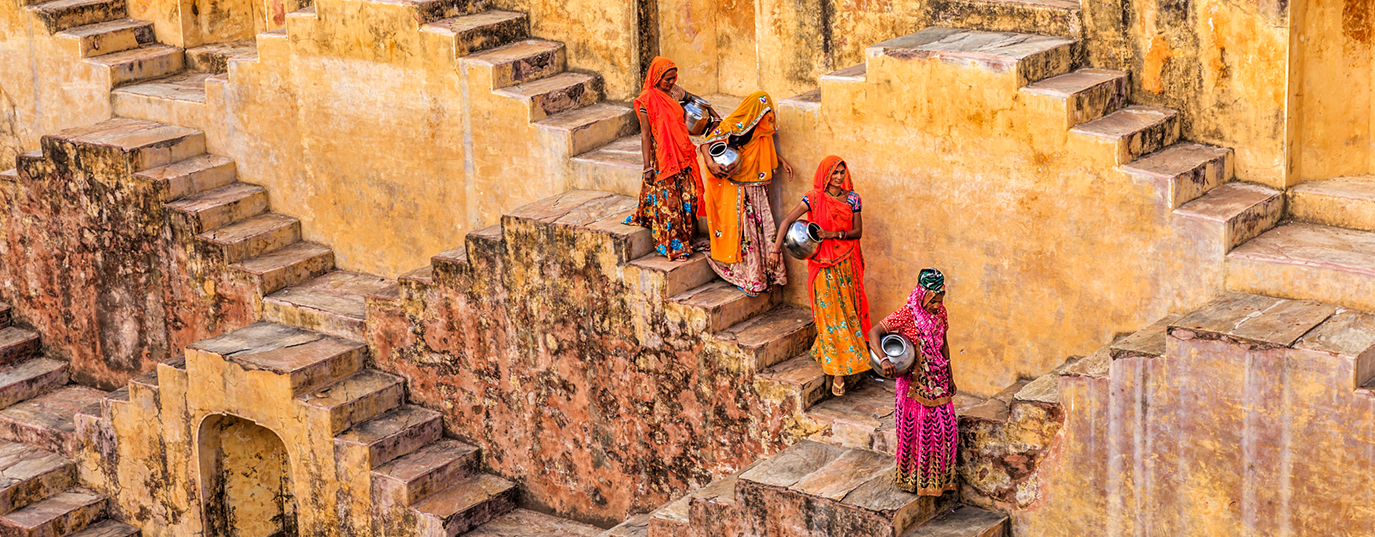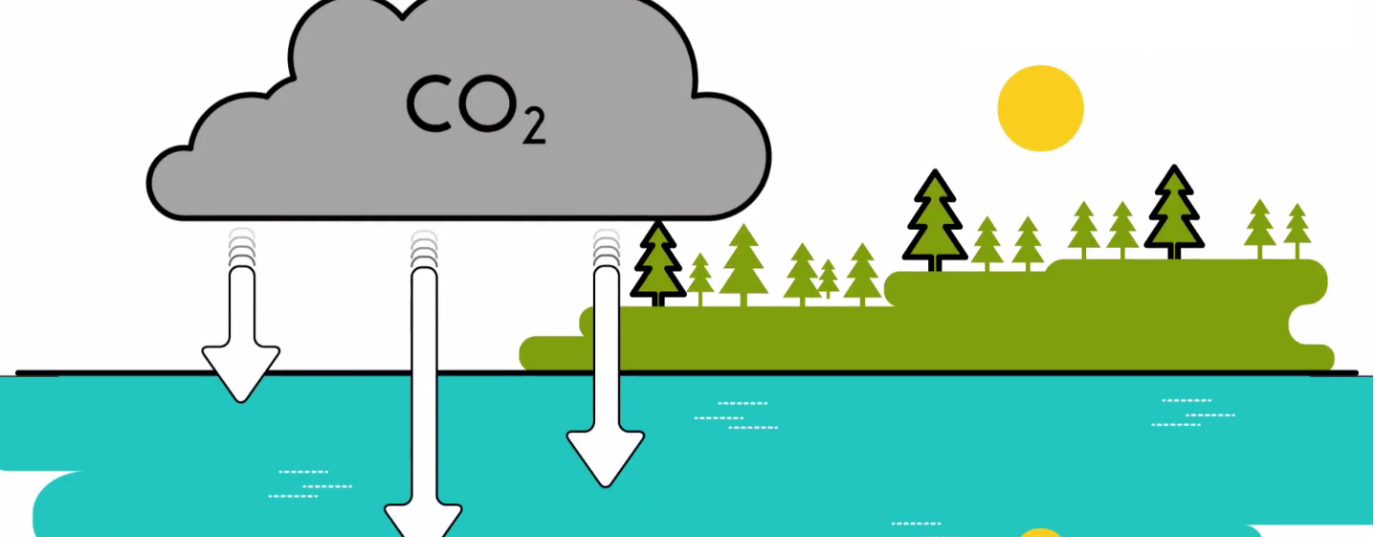A tide of citizens rising to defend the oceans
Discover three initiatives bringing science and citizens together to protect the oceans from pollution and the climate crisis.
The oceans, covering more than 70% of the planet’s surface, regulate climate, generate over half the oxygen we breathe and sustain nearly 3 billion people worldwide. But their health is in jeopardy. Overfishing, pollution, coastal ecosystem destruction and climate change are pushing them to the edge, warns the United Nations.
Already, more than 90% of the excess heat caused by greenhouse gas emissions has been absorbed by the oceans. At the same time, the largest coral bleaching event in history is unfolding across the Caribbean, the Indian Ocean and the Pacific. To make matters worse, up to 12 million metric tons of plastic flow into the sea each year — the equivalent of a truckload every minute.
Against this backdrop of silent collapse, citizen-driven ocean initiatives have emerged that connect science, communities and immediate action. From Australia to Peru and Colombia, here are three ways people are mobilising from the ground up to defend the oceans.
What will you find in this article?
Citizen science on the ocean: the Great Barrier Reef Census
In north-eastern Australia lies the Great Barrier Reef, extending more than 2,300 kilometres. It’s the largest reef system in the world — a living organism the size of Italy, home to thousands of species. But it’s also one of the ecosystems most at risk from the climate crisis.
In 2020, the organisation Citizens of the Great Barrier Reef launched the Great Barrier Reef Census, a citizen science initiative dedicated to tracking the reef’s health. Each year, dive operators, tour vessels and fishing boats navigate to remote areas, capturing thousands of underwater photographs.
These images are then analysed by volunteers around the globe, who identify coral types, signs of bleaching and emblematic species. With the support of artificial intelligence, the data is processed quickly and made available for conservation planning.
Since its creation, the census has collected more than 147,000 images and managed to survey nearly a quarter of the reef — compared to less than 5% previously monitored on a regular basis. Some 11,000 volunteers from over 70 countries have already contributed as image analysts.
“The Great Barrier Reef Census has become one of the largest citizen-led conservation efforts for tropical reefs globally,” said Andy Ridley, executive director of Citizens of the Great Barrier Reef, in an interview with Oceanographic. “We are now exploring its full potential as a scalable and practical programme.” Following its success, the model will be extended to reef regions worldwide.
Ocean initiatives in Peru: HAZla por tu playa (Do it for your beach)
 In Peru, the campaign HAZla por tu playa began in 2013 as a way to raise awareness about plastic pollution and empower people through clean-ups of beaches, rivers and wetlands. Since then, it has become one of the most influential marine initiatives in the region.
In Peru, the campaign HAZla por tu playa began in 2013 as a way to raise awareness about plastic pollution and empower people through clean-ups of beaches, rivers and wetlands. Since then, it has become one of the most influential marine initiatives in the region.
Every first weekend of March, thousands of volunteers take part in over 100 simultaneous clean-ups across the country. The aim is not to suggest clean-ups are the solution to pollution, but to turn them into a platform for awareness and action.
In 2017, the campaign began compiling detailed data on the waste collected and tracing it back to specific brands, creating evidence that helped push for stricter environmental regulations. This contributed decisively to the passage of the 2018 Plastic Law, which banned polystyrene and restricted the use of plastic bags and straws in Peru.
In more than ten years, HAZla por tu playa, founded by Life Out Of Plastic (L.O.O.P.) and Conservamos por Naturaleza, has mobilised over 18,000 volunteers, cleaned more than 1,200 sites across the country and removed at least 216 tonnes of waste.
Its impact earned recognition from the International Union for Conservation of Nature (IUCN), which highlighted it as an “example of global change”. Now the campaign has begun to expand to Germany, Brazil, Chile, Mexico, the United Kingdom and beyond, always promoting informed and critical citizenship against pollution.
Ocean Initiatives in Colombia: Diving to clean the Caribbean Sea
From Colombia’s Caribbean coast, Marea Recicla shows that ocean conservation can start beneath the waves. Created in 2020 by divers Paula Vega and Adrián Espinosa, the project began after they repeatedly found bottles lodged in corals, ghost nets and plastic bags during dives off Santa Marta.
During each underwater clean-up, professional divers and volunteers catalogue and geolocate the debris recovered. This method generates a database used to map pollution hotspots, guide environmental authorities and inform educational and tourism campaigns.
In just over 75 clean-up days, Marea Recicla has collected roughly six tonnes of waste from the seabed and identified true “rubbish sinks” inside protected areas, including Tayrona National Park.
The project also invests in education for younger generations through its ocean conservation bootcamp, which blends marine biology classes, recycling workshops and a first diving experience.
“Diving with purpose goes beyond recreation. We need divers to be conscious of their movements and the impact they can have on marine life,” noted Paula Vega in an interview with Colombia Visible. “Every diver must be trained not just technically, but in respect for the ocean.”
These three initiatives underscore that protecting the oceans is not only the responsibility of scientists and policymakers. In the face of an unprecedented crisis, people are documenting, cleaning, educating — and getting involved.
Sources:







